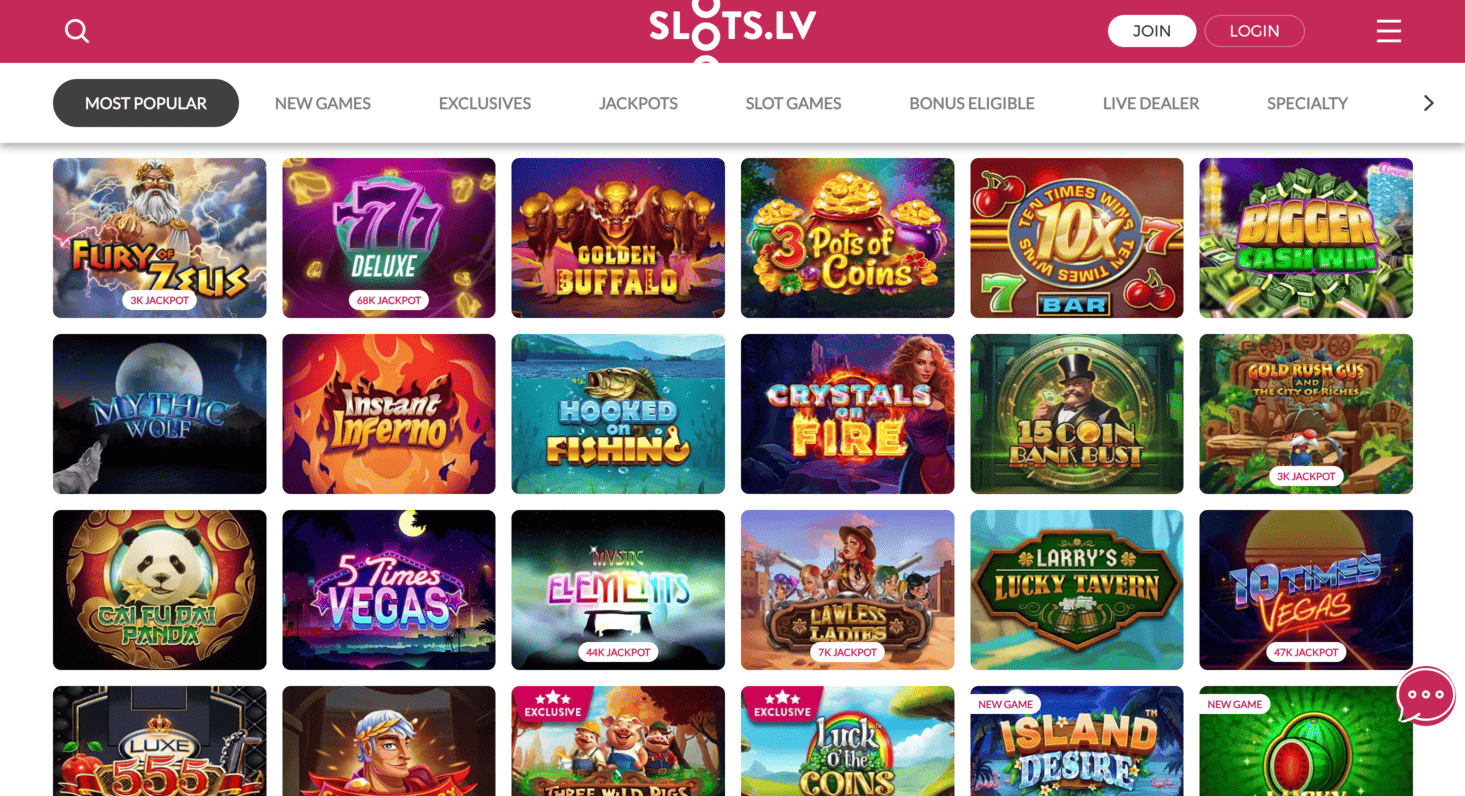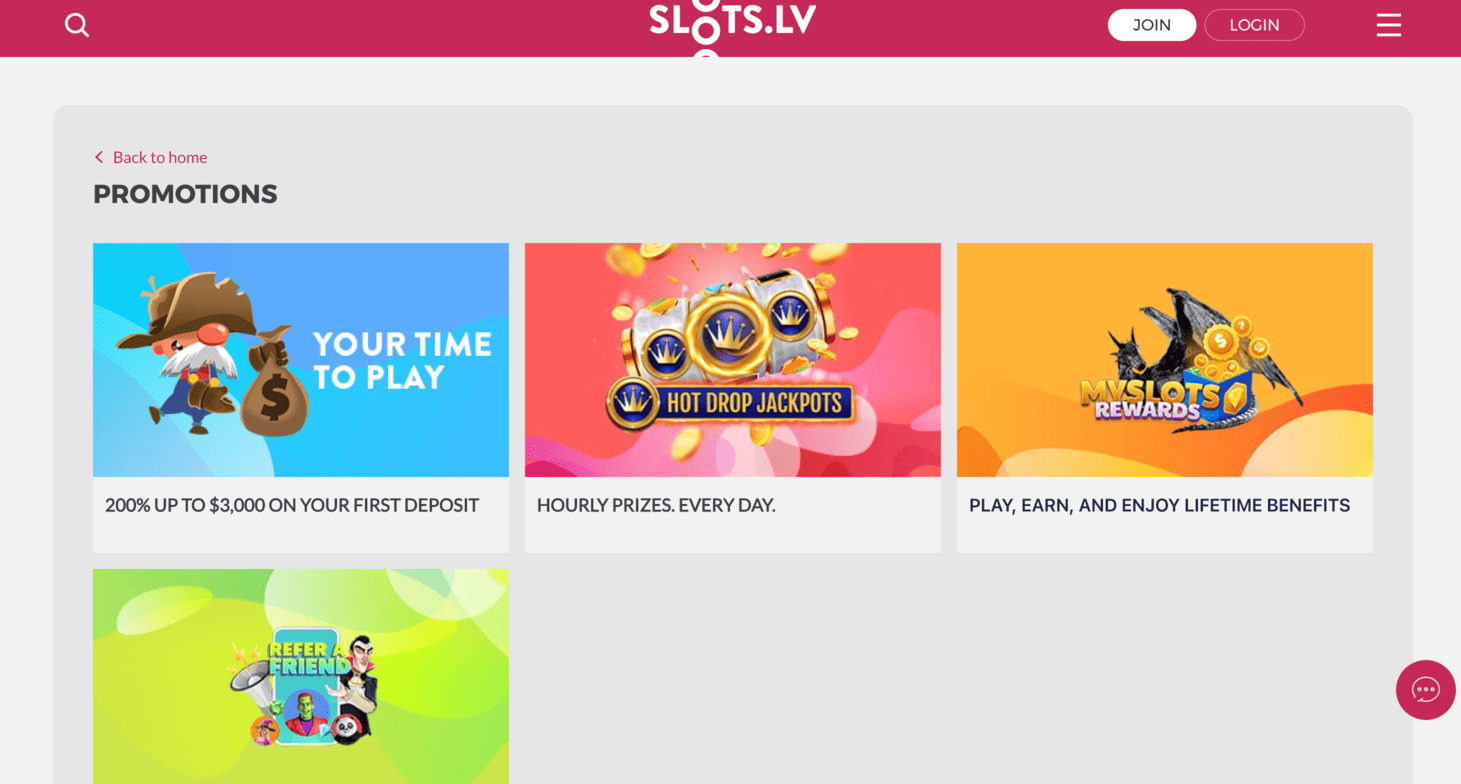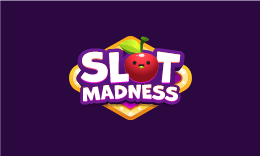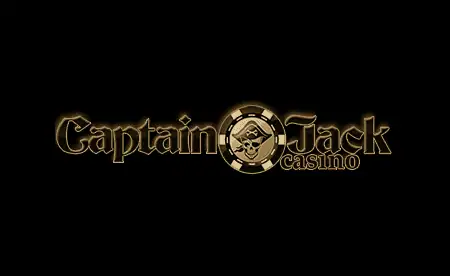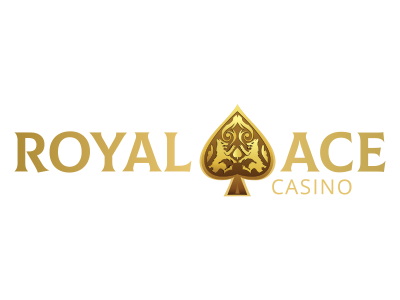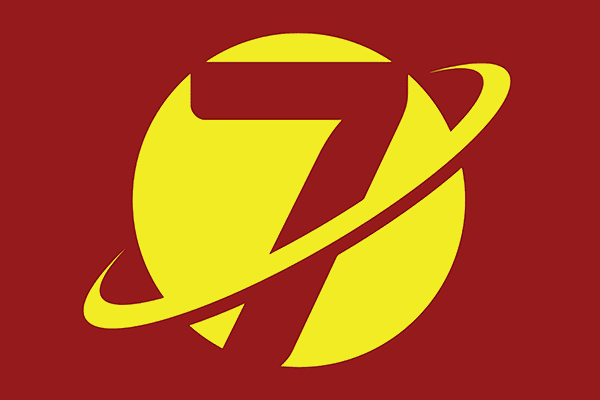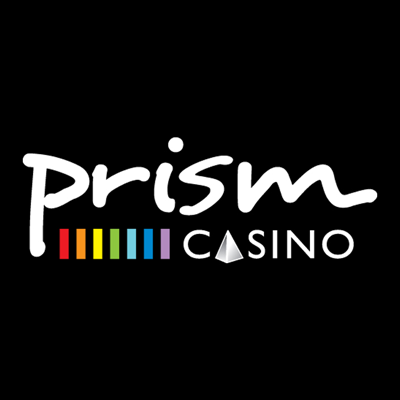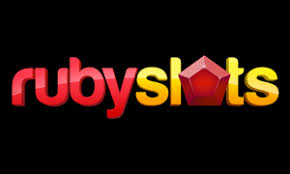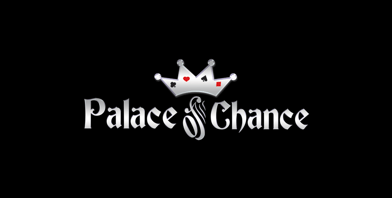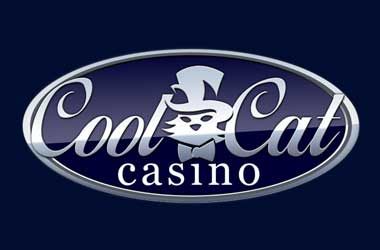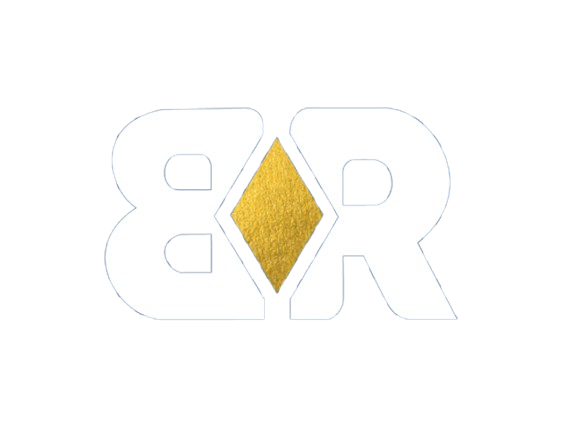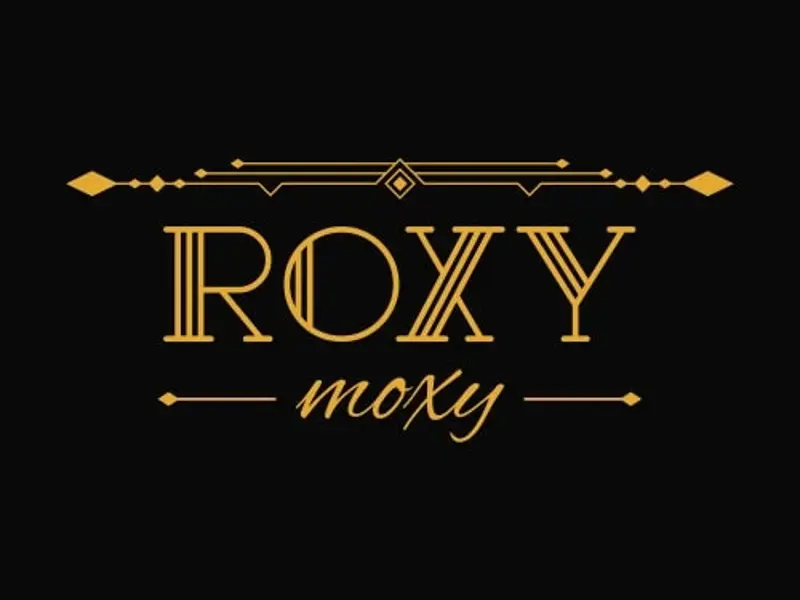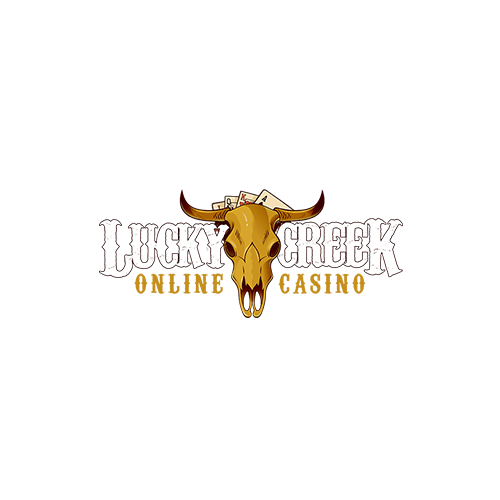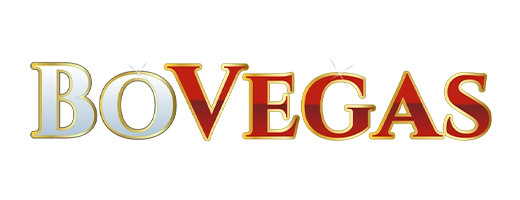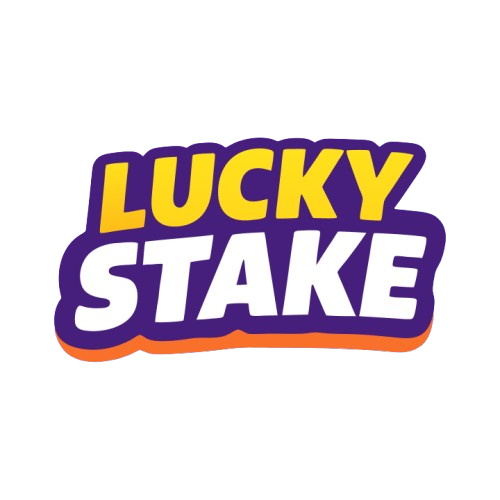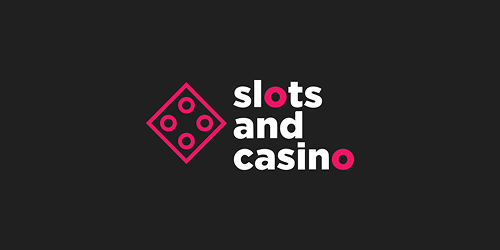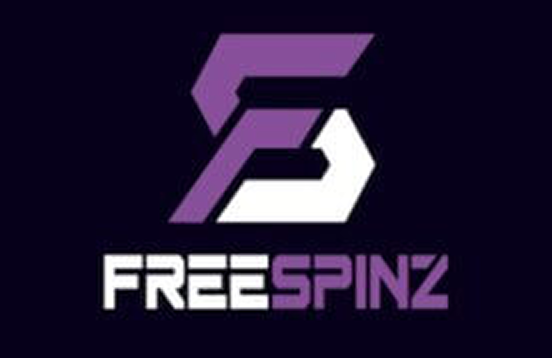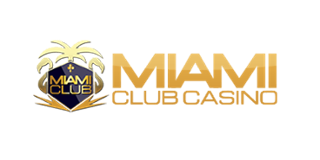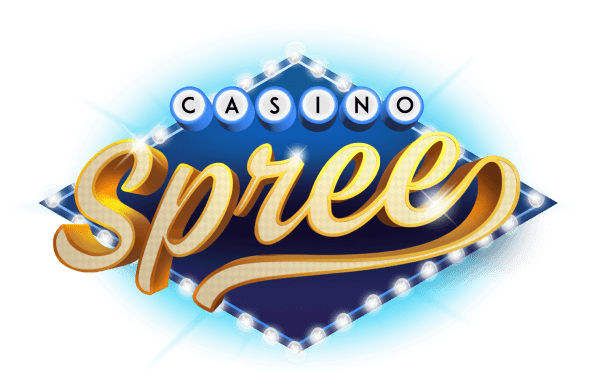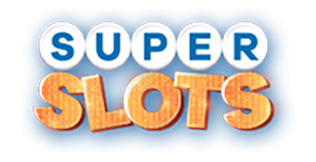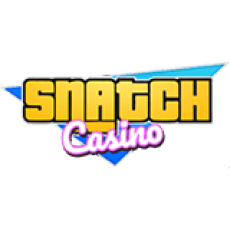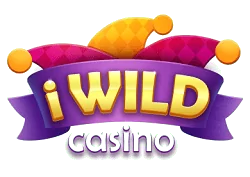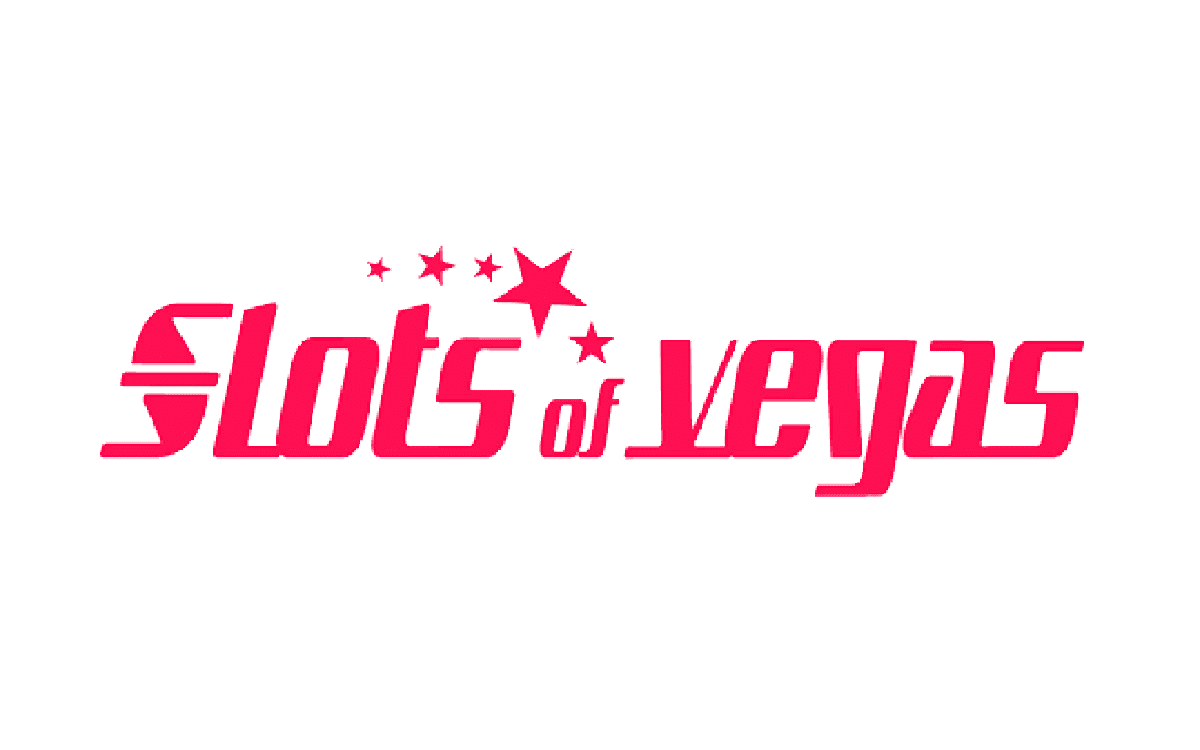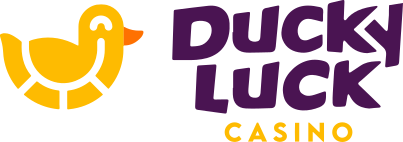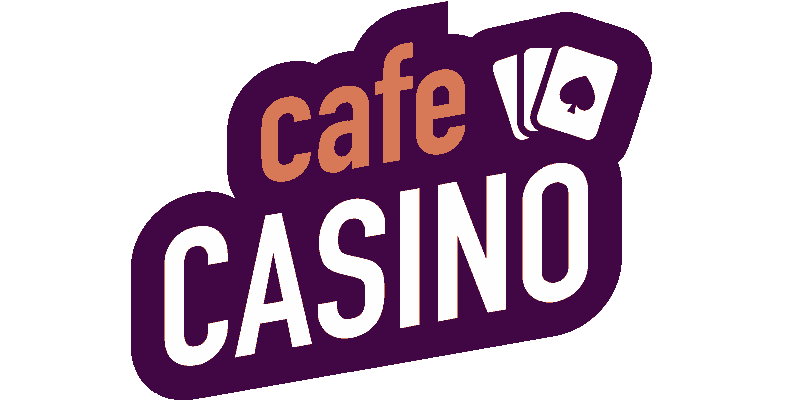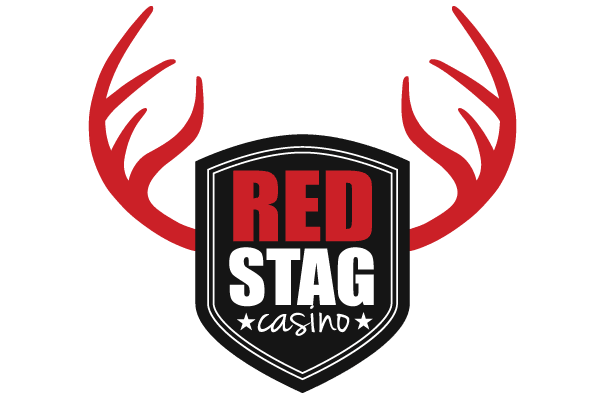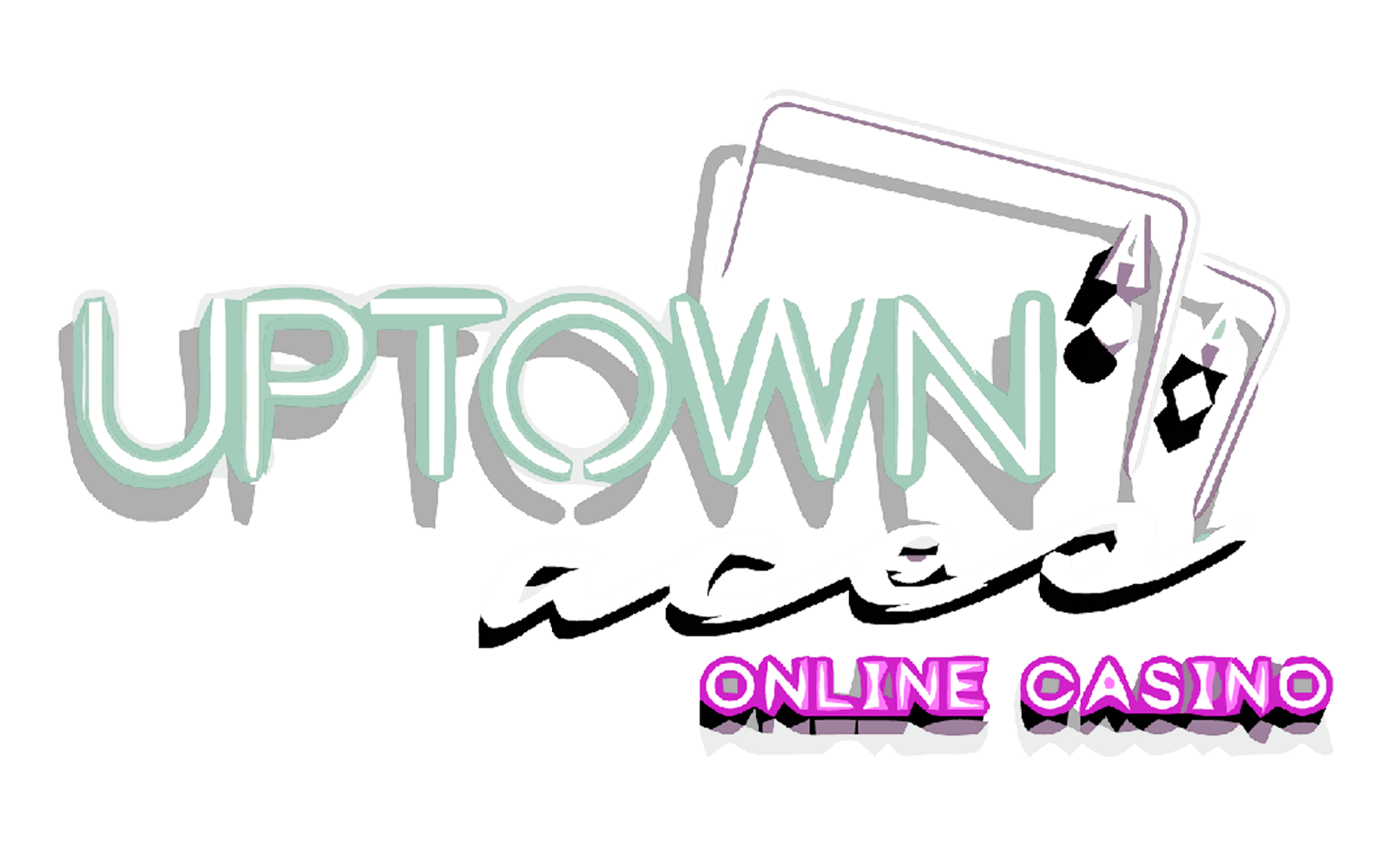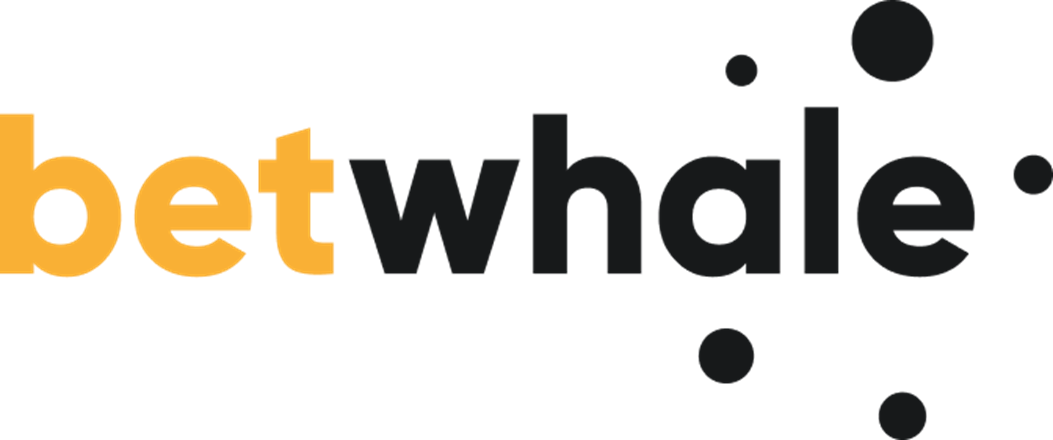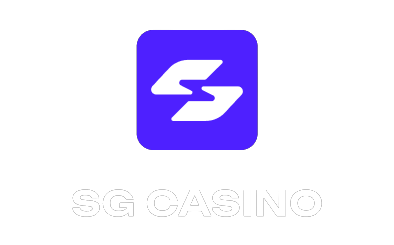Is Slots.lv Legit in Your State
Written by: Filip Gromovic Reviewed by: Nashon Khamala
Read time: 6 minutes
Online gaming in the United States took a different dimension when, in 2006, the Unlawful Internet Gambling Enforcement Act was passed. Called the UIGEA for short, the act restricted online gambling in the United States, potentially forcing operators to stop accepting payments when they truly know that the same is to be used for unlawful gambling over the internet.
This move caused ripples and threatened the existence of online gaming operators in the U.S. In a twist of fate, one company came to the rescue. The Bodog Gaming Group floated Slots.lv in 2013 to bridge the gap and help players in the states still play online casino games legally.
This article explores the legal framework of Slots.lv’s operations.
Is Slots.lv’s Legal Status by Region
Slots.lv is now under the management of Arbol Media B.V. and has gained a massive entry into the U.S. market. The platform was launched in response to the UIGEA restrictions, intended to create a seamless pathway for players in the states. Originally operating with the Kahnwake license, it would later obtain a license in Curacao. This permits it to operate as an offshore or out-of-state online casino gaming provider.
We talk about the topic of «Is Slots.lv casino legit» below.
What the Law Says
Federal law in the United States doesn’t prohibit offshore gaming on websites that target players. This is why Slots.lv leverages the federal regulations to offer real money casino games to players. Additionally, it ensures that its activities are legal by way of:
- Having an offshore license issued in Curacao.
- Ensuring that payments do not go against regulations that prohibit using fiat currencies like the USD for transactions. This is why you get to use cryptocurrency, a credit card or other payment options on the site.
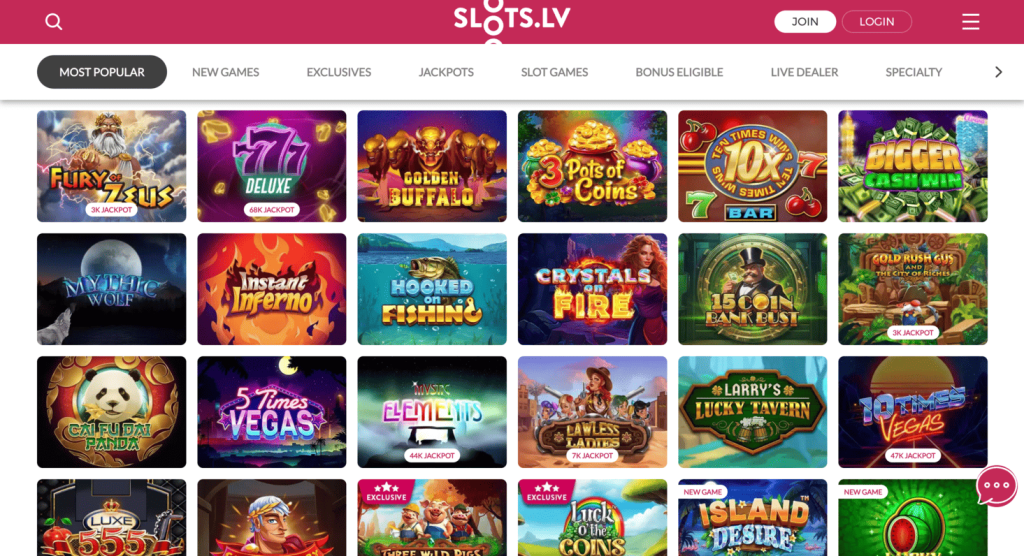
Where Is Slots.lv Legit?
As an offshore online casino, the platform is available in most parts of states. It accepts players from Washington State, Georgia, Michigan, California, Alabama, South Carolina, Ohio and Tennessee.
However, the site restricts players from Delaware, New York, Nevada and Maryland. You can’t use the platform if you’re also in New Jersey, Arizona, Missouri, Massachusetts, Mississippi and Utah.
Therefore, if you’re not in any of the 45 legal states, your account will be at risk of being blocked. In the case of account restriction, feel free to reach out to the customer support department to arrange for a cryptocurrency withdrawal of trapped balances.
Should You Use Slots.lv in Restricted Locations?
The five states that aren’t on the list are not open to players. However, if you must use the site from any of those, have the following in mind:
| VPN Access | Players in the five states are excluded from using the Slots.lv casino may use a Virtual Private Network (VPN) to gain access. |
| Individualized Protection | By participating from a restricted location and understanding the offshore business model, means that your protection is not guaranteed. Hence, you must be responsible for securing your activities. |
Legality in Other Regions
Beyond the United States, it’s also operational in other locations. It’s available to players in many provinces and territories in Canada. Just like in the United States, there are limitations to the scope. For example, residents of Nova Scotia and Quebec are not allowed to use the platform.
Is Slots.lv Casino Legit?
Yes, the casino is legitimate to residents of 45 states in the United States and open to many in provinces and territories in Canada. It’s not open to residents of Nevada, New Jersey, Delaware, New York and Maryland in the U.S. Those who can’t participate in Canada reside in Nova Scotia and Quebec.

Is Slots.lv Safe?
The answer to the question is yes. Slots.lv has a relative safety, meaning that depending on what you consider the most important and where you are in the online gaming journey, it could be a good fit or not.
Site-Based Safety
The first safety mechanism is deployed at the site level, where it hosts a secure platform protected with a Secure Socket Layer (SSL). This protects the users’ interactions and financial data while using the site.
Game Reliability
The reliability of the games and free play slots is evident in the integration of a Random Number Generator (RNG) to randomly select the outcome of game wagers. The RNG is also tested independently by leading organizations.
You can also trust the game offering, because the platform sources and hosts content from some of the leading software companies, including BetSoft, RealTime Gaming and Rival Gaming.
Secure Payment Gateway
In addition to the SSL protecting payment data, Slots.lv also uses secure payment channels, particularly cryptocurrencies like Bitcoin. Crypto payout of balance is also offered to players whose account has been blocked due to illegal activity or because of participation from restricted locations.
Safety Measures to Take
As an offshore operator, Slots.lv may not entirely guarantee your safety, especially if things go south and you seek legal recourse. This is why we recommend the following measures to be safe on the platform or simply use free play slots.
Be Prepared for Risks
You already know that gaming at online casinos can be risky, especially when wagering real money. Take extra measures by preparing for risks like blocked accounts, strenuous verification processes or delayed payouts.
Stick to Secure Payment Channels
Fiat deposits through bank wire transfers may not work because offshore operators aren’t authorized to do so. Therefore, stick to using secure payment methods, especially cryptocurrencies, for deposits and withdrawals.
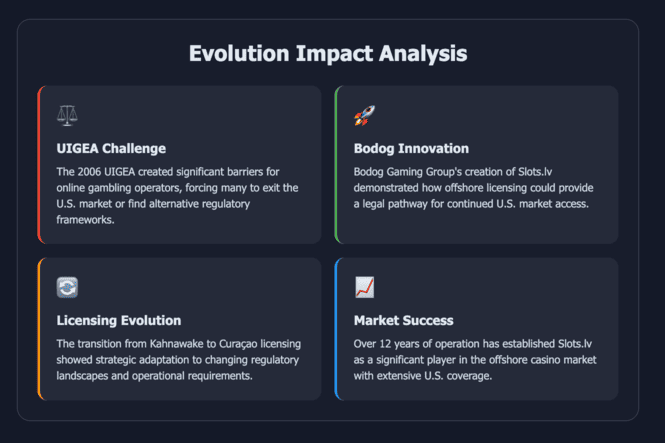
Explore Our Top Casinos
Is Slots.lv Real?
Slots.lv has been in business for over a decade, and despite being offshore, it has a huge fan base in the locations it operates. The primary audience is players in the United States and Canada.
It’s a real and user-focused online casino that prioritizes feedback and works on that to build a friendly environment for online gaming. Due to legal frameworks about offshore gambling, players may be able to use the platform in certain locations, except for five locations in the U.S. and two in Canada.


